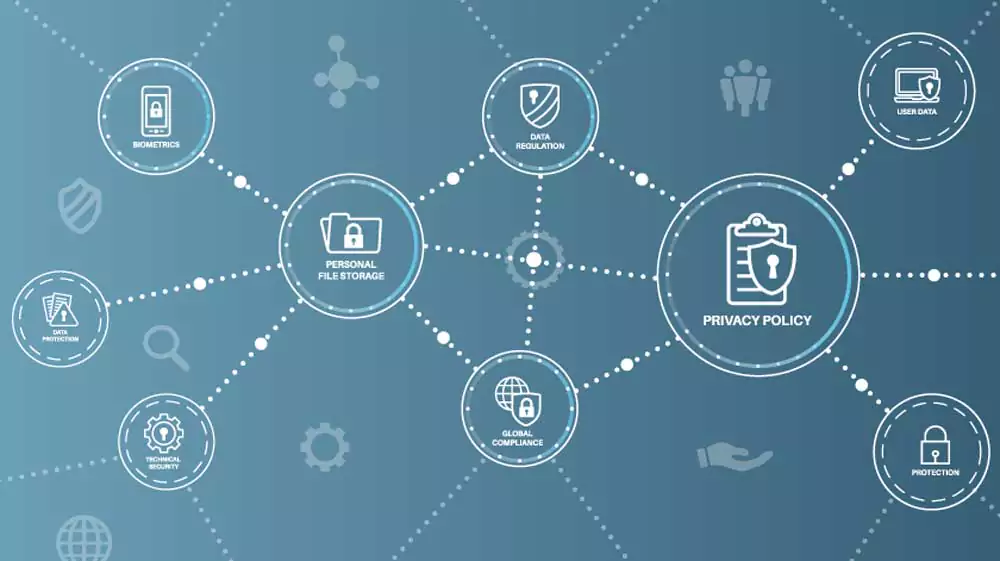Data Classification
Data Classification
Data classification is the systematic process of organizing and labeling data based on its sensitivity, value, and regulatory requirements. This essential practice helps organizations manage, protect, and secure their data by categorizing it into various levels—such as public, confidential, or restricted—according to its importance and the risks associated with its exposure. As a critical component of information governance, data classification ensures that sensitive data is handled, stored, and accessed exclusively by authorized individuals. By implementing a structured data classification system, organizations can streamline their data protection efforts and mitigate the risk of data breaches.

Key Features of Data Classification
- Identification of Sensitive Data:
- Accurately identifies and labels sensitive information (e.g., personally identifiable information (PII), financial records, intellectual property).
- Ensures sensitive data receives the appropriate level of protection.
- Risk Management:
- Categorizes data based on sensitivity.
- Allows organizations to assess and mitigate risks associated with data handling, storage, and transmission.
- Enables prioritized security efforts and effective resource allocation.

Benefits of Data Classification
- Compliance with Regulatory Requirements:
- Ensures adherence to legal and regulatory standards (e.g., GDPR, HIPAA).
- Properly manages and protects sensitive information.
- Improved Data Security:
- Achieves tailored security measures for different data types (e.g., encryption, restricted access).
- Enhances protection of highly sensitive information.
- Efficient Data Management:
- Optimizes storage and backup strategies.
- Access Control and Monitoring:
- Defines access permissions for various data types.
- Limits access to authorized individuals.
- Improves incident detection through better monitoring of data access and usage.

SalekX
data classification is a foundational practice for organizations seeking to enhance data security, manage risks, and comply with regulatory standards. By systematically classifying data, organizations can ensure proper protection for sensitive information, improve operational efficiency, and minimize the risk of data breaches or compliance violations.
Why choose us?
- Expertise in Data Classification:
Extensive experience ensures accurate identification and protection of sensitive information. - Tailored Solutions:
Customized data classification strategies aligned with your organization’s needs and regulations. - Comprehensive Compliance Support:
Helps navigate regulatory standards (GDPR, HIPAA, PCI DSS) to minimize legal risks. - Advanced Security Measures:
Robust protocols, including encryption and access controls, to safeguard data. - Continuous Monitoring:
Ongoing insights into data access and usage for improved incident detection. - Cost Efficiency:
Optimized data management strategies to reduce costs while enhancing protection.
